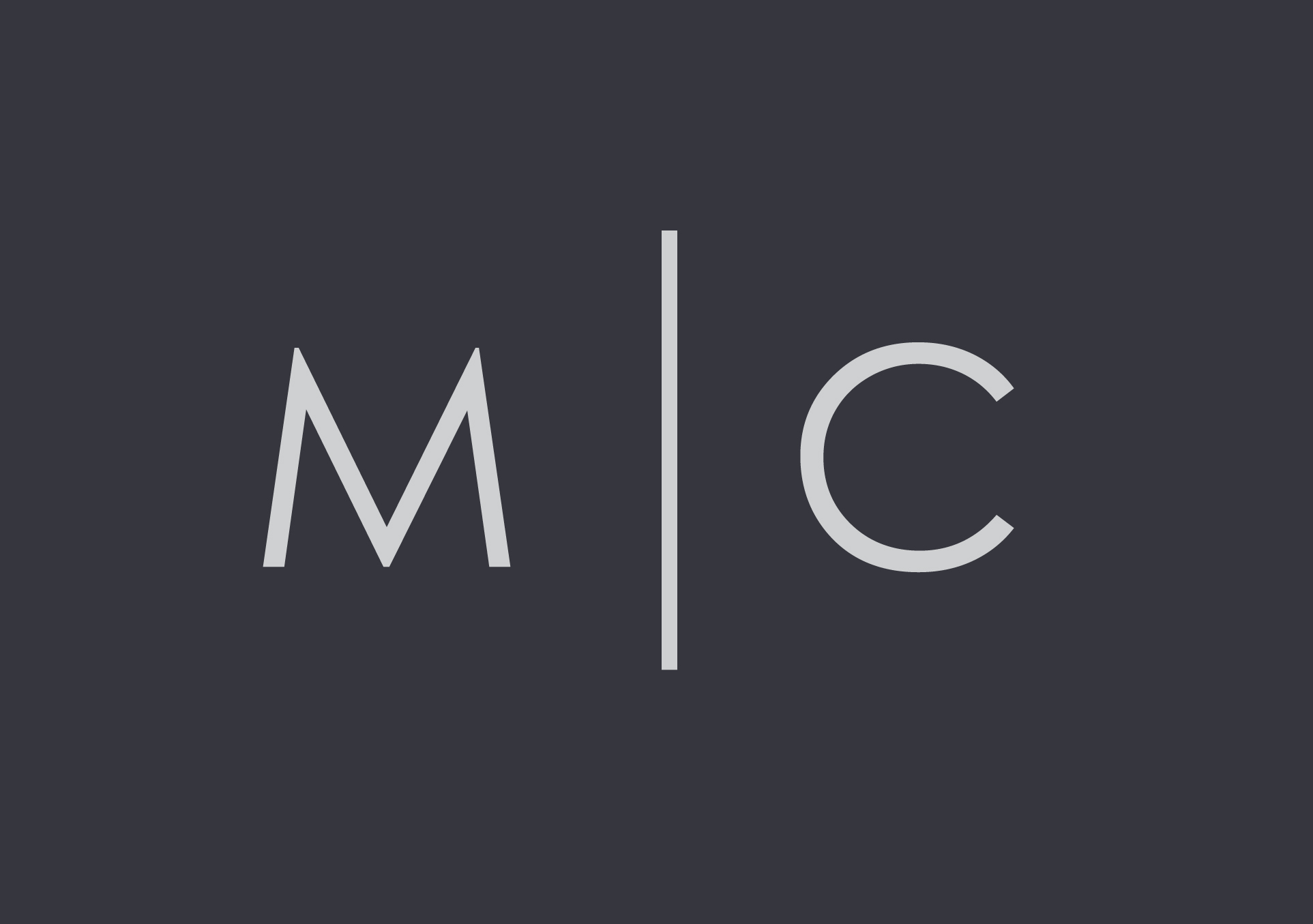Hard money loans are also known as private money funds, bridge loans, short-term funding, cash loans, asset-based loans, and investor loans. This article aims to answer many frequently asked questions about hard money loans and how you can fit one into your investment strategy.
What is a Hard Money Loan?
A hard money loan (also known as a private money loan) is a form of short-term financing common in the real estate industry. Investors use these loans to purchase, develop, and renovate investment properties. They’re quite popular among investors with short-term investing portfolios. These include house flippers and wholesalers.
While often associated with real estate, investors in other industries also use them. For instance, small business owners usually seek bridge loans for expansion projects. Launching startups also tend to turn to private investors for initial funding. They’re a particularly preferred option for startups with business ideas considered too innovative for traditional lenders to finance.
Although specific terms vary between lenders, asset-based loans have the following features:
They Are Asset-Based
Hard money lending requires real properties, assets or property equity as collateral. This makes them a particularly ideal financing avenue for real estate investors. They access funds based on the perceived value of the property they’re yet to invest in. Even investors who might not qualify for traditional loans get financing to seize investing opportunities.
Shorter-Terms
Hard money loans usually come with repayment terms between 6 months and a few years (3 in most instances). This time frame aligns with the average turnaround timeline for real estate investments, which allows the lender to install risk-management measures if needed or exit unfavorable deals seamlessly.
For the borrower, short-terms reduce the risk of interest rate fluctuations caused by market conditions or property value changes.
Repayment Flexibility
Short-term loans allow borrowers loan structure and repayment flexibility. Traditional lenders typically only offer fixed and adjustable loan rates, while cash lenders provide quite flexible terms.
For example, some lenders offer interest-only structures. These allow borrowers to repay the interest during the loan term, and the principal amount at the end.
Other cash lenders offer a hybrid loan structure. Borrowers pay a fixed interest rate for the initial loan period and transition to an adjustable rate for the remaining term.
As for repayment terms, borrowers get options like:
- Balloon payments: principal repayment is done at the end of the loan term. This not only affords borrowers cash flexibility during the loan term, but also comfort in repaying the principal amount. They get the leeway to sell the property, gain profits from their investment, or secure long-term financing.
- Flexible schedules: borrowers can customize payment frequencies based on their cash flow projections.
Favorable Loan-to-Value Ratio
Asset-based money lenders usually design their loan products to allow investors to seize investment opportunities. As a result, they often extend a favorable loan-to-value ratio, spanning from 50%-95%. The specific ratio you get depends on factors like loan amount, potential profitability and risk assessment of the investment property, and the lender’s policies.
Higher Than Average Interest Rates
Private money lenders rely on the collateral over borrower creditworthiness or income. Additionally, hard money lending is considered a private activity. Conversely, lenders in this sector lack the protections government-backed agencies offer traditional lenders.
Therefore, if a borrower defaults and their collateral proves insufficient, the lender will incur losses. To manage these risks, these lenders impose higher interest rates on loans, typically 7%-18%. This makes the loans more expensive than regular loan products. However, there are many advantages to hard money loans that justify these higher than average interest rates.
Benefits of Hard Money Loans for Real Estate Investors
Quick Approval and Access to Funds
The traditional loan lending process is quite lengthy. It’s a multi-step process that entails pre-qualification and may take anywhere from weeks to months to complete.
Eligibility requirements are also quite strict, borrowers must have a decent credit score, healthy income and a low debt-to-income ratio. Additionally, traditional lenders demand extensive documentation including tax returns and pay stubs. The also typically add in complex fine-print terms that include penalties, and access to their financing is quite limited.
In contrast, short-term loans are quite straightforward to access. Borrowers can initiate the process with a quick online application. The lenders promptly evaluate inquiries, and can pre-qualify borrowers within as little as 24 hours.
Upon pre-qualification, a formal loan application and document submissions kick start the underwriting process. Most reputable lenders usually complete this phase in as little as five days. Notably, many investors can qualify regardless of their FICO or income levels. This allows real estate investors, including beginners, prompt access to financing when investment opportunities arise.
High Loan-to-Value Ratio
As noted, most private money lenders extend a loan-to-value ratio of up to 75%. This not only increases your buying power but also improves your cash flow.
Furthermore, it enables you to preserve your capital for the unexpected, ensuring your investment plans go as you envisioned. You may even use it to capitalize on investment opportunities that may emerge, further expanding your portfolio.
The Bridge Loan Advantage
Traditional loans have their advantages, but they also come with the risk of lenders withdrawing at the last minute. For instance, sudden changes in economic conditions are usually enough for lenders to reconsider and withdraw from financing commitments.
Thanks to the collateral-focused nature of their lending practices, bridge loan lenders rarely retreat from pre-qualified loans. As a result, most property sellers prioritize real estate investors with a bridge loan offer over a traditional mortgage as it provides greater stability.
Therefore, cash loans strengthen a real estate investor’s offer. It also grants them first-class access to profitable investment opportunities. Additionally, with the promise of a quick close and short escrow duration, these loans allow investors a negotiating advantage.
Cash Loans Support Reinvesting Opportunities
Traditional lenders limit the number of loans borrowers can have simultaneously. In most cases, they don’t allow borrowers more than four loans. For investors, this means even if an investment opportunity arises, they may not be able to leverage it due to these restrictions. However, private lenders are usually open to extending multiple loans to borrowers who demonstrate effective investment management. For example, if an investment opportunity arises, you can apply for a cash out refinance and get approved within a week. This option is viable if your private lender also holds adequate equity in an existing property.
What are the Disadvantages of a Short-Term Loan?
Bridge loans offer real estate investors some quite excellent perks. However, like everything else, they have certain risks you should keep in mind including:
- High-interest rates: as noted, cash loans have a higher-than-average interest rate. Borrowers with higher risk profiles are especially subject to higher rates than standard applicants. You can mitigate this risk by working on your credit profile, and borrowing when market conditions are good.
- Risk of losing collateral: a direct money loan is tied to your real estate asset. If you default, the lender can legally seize your asset to recoup their loss. This means you really need to be diligent to ensure total repayment by the time the loan term is over.
Funding is restricted for owner-occupied residences: most private lenders do not offer funding to owner-occupied residence investors due to compliance rules and regulations.
Final Thoughts
Bridge loans can power your real estate investment game. As long as you have a solid risk profile, they provide the financing you need to maximize opportunities.
These loans strengthen your offers to sellers, thus granting you prioritized access to profitable investing opportunities. Additionally, with a reputable lender like Macoy Capital, you can cover up to 85% of the investment costs. This allows you incredible cash flow flexibility.
Furthermore, you’ll enjoy multiple repayment options, including interest-only payments. This creates flexibility in cash flow management. While they have their risks (you can mitigate some), asset-based loans are a viable financing choice for real estate investors. Request a quote from Macoy Capital today for all of your hard money loan needs!







